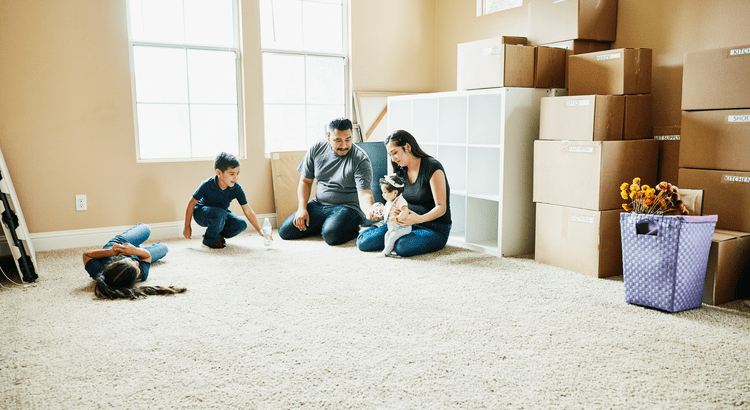Should You Sell Your House or Rent It Out?
Should You Sell Your House or Rent It Out?

When you're ready to move, deciding what to do with your current home is a significant choice. Today, more homeowners are considering renting out their property instead of selling it.
Recent data from Zillow reveals that about two-thirds (66%) of sellers thought about renting their home before listing, with nearly a third (28%) seriously considering it. In comparison, fewer than half (47%) of homeowners considered renting before selling in 2021, indicating a growing trend.
So, should you sell your home and use the proceeds toward your next property, or keep it as a rental to build long-term wealth? Let’s explore some key questions to help you determine the best option for your financial and lifestyle goals.
Is Your House a Good Fit for Renting?
Before making a decision, it’s essential to consider whether your home would be suitable as a rental. For example, if you're relocating far away, handling maintenance could become a significant challenge. Other factors include whether your neighborhood is attractive for rentals and if your home requires major repairs before it’s tenant-ready.
If any of these situations apply, selling may be the more practical option.
Are You Ready for the Realities of Being a Landlord?
Managing a rental property involves more than simply collecting rent each month; it’s a commitment that can be both time-consuming and demanding.
For instance, you might receive maintenance requests at any time or encounter damage that needs repair before a new tenant can move in. There’s also the risk of tenants missing payments or breaking their lease, which can introduce unforeseen stress and financial strain. As Redfin points out:
“Landlords have to fix things like broken pipes, defunct HVAC systems, and structural damage, among other essential repairs. If you don't have a few thousand dollars on hand to take care of these repairs, you could end up in a bind.”
Do You Understand the Costs?
If you’re considering renting primarily for passive income, remember, there are additional costs you should anticipate. As an article from Bankrate explains:
Mortgage and Property Taxes: You still need to pay these expenses, even if the rent doesn’t cover all of it.
Insurance: Landlord insurance typically costs about 25% more than regular home insurance, and it’s necessary to cover damages and injuries.
Maintenance and Repairs: Plan to spend at least 1% of the home’s value annually, more if the house is older.
Finding a Tenant: This involves advertising costs and potentially paying for background checks.
Vacancies: If the property sits empty between tenants, you’ll lose rental income and have to cover the cost of the mortgage until you find a new tenant.
Management and HOA Fees: A property manager can ease the burden, but typically charges about 10% of the rent. HOA fees are an additional cost too, if applicable.
Bottom Line
In summary, deciding whether to sell or rent out your home is a personal choice. Let’s connect so you have a professional by your side to ensure you feel supported and informed throughout the decision-making process.
Categories
Recent Posts









